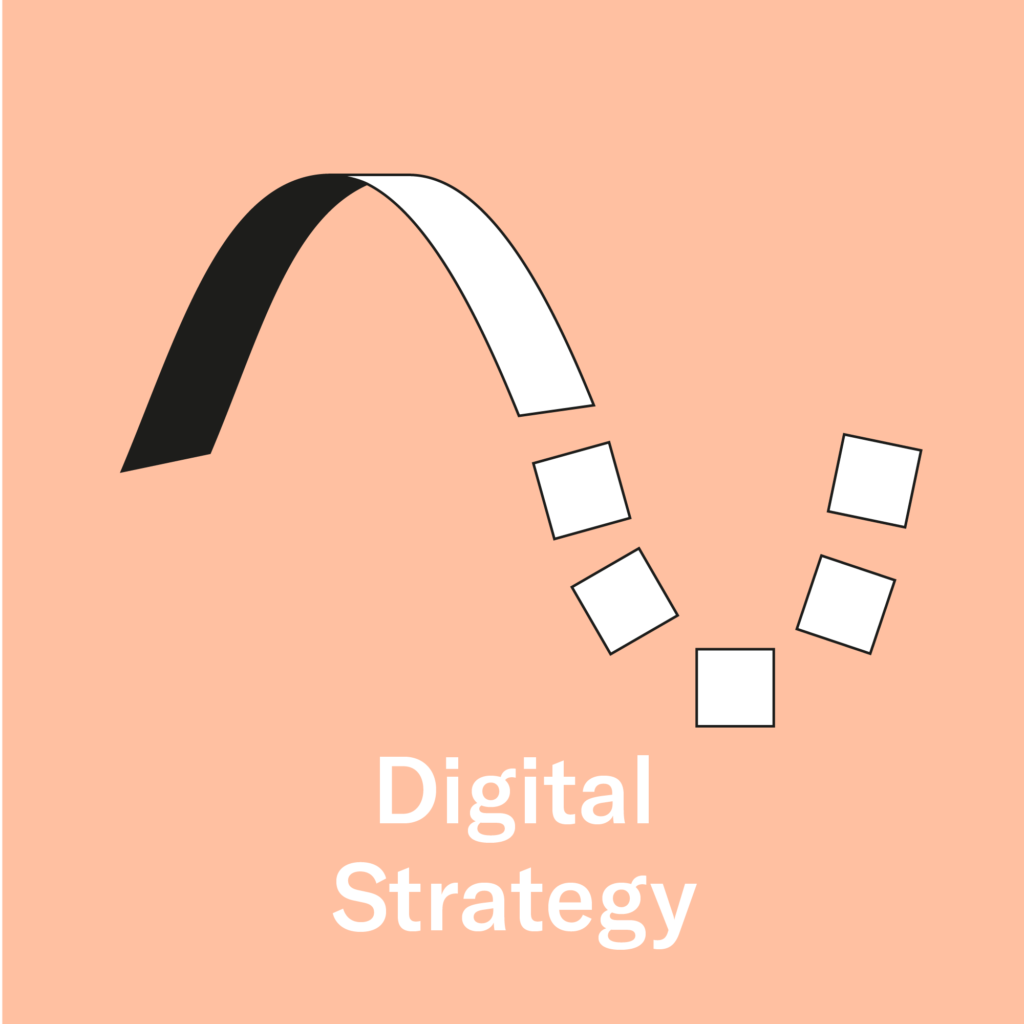These changes will reshape the urban economy and experience. The digital strategy should provide a framework for directing these transformations so that they are consistent with local social, political and cultural expectations and values. This includes provisions to ensure the adoption of digital technologies and partnerships with private digital service providers for programs and services are effective, accountable and in the public interest. The digital strategy should also include a pathway for ubiquitous internet access to benefit social and civic engagement, quality of life and educational achievement.
Many national and local governments around the globe have adopted digital strategies [1], sometimes in addition to taking part in global campaigns for digital rights. Over 100 city administrations have signed the Cities for Digital Rights Declaration. It seeks to ensure technologies and emerging business models do not infringe upon human rights principles such as privacy, freedom of expression, democratic process, non-discrimination and inclusion “starting with locally-controlled digital infrastructures and services.” [2]
As one of the founding cities, Barcelona is a key driver of the Cities for Digital Rights Declaration and is pioneering city led efforts for technological sovereignty. Technological sovereignty within the 2017-2020 Digital Barcelona Plan is structured around three fundamental principles [3]:
- The transition and use of free software
- The interoperability of services and systems
- The use of open standards
To implement its digital strategy, Barcelona has developed a Digital Service Delivery Standard, a Data Strategy, a Public Tector Technology Buying Guide and a Technology Code of Practice.
For their digital strategy Eindhoven in the Netherlands has established principles for data and digital infrastructure, to be applied in practice when replacing or improving existing IoT, technology platforms, services and applications. They were developed in partnership with the SmartImpact partners (a project involving 6 cities and funded by the EU) and include privacy first, embrace open standards, support modularity and maintain security.
Best practice: [1] National data strategy examples include the US Federal Data Strategy [2] Cities for Digital Rights [3] Barcelona City Council Digital Plan (PDF) [4] Eindhoven Smart Society IoT Charter
